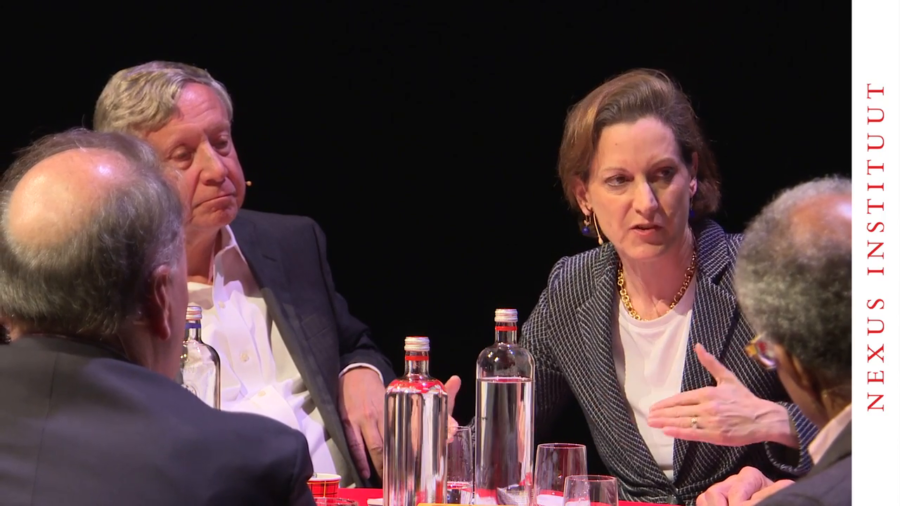Americans have always accepted a degree of inequality, inequality of outcomes. What seems to have changed in recent years, or at least in people’s perception of it, is…that there seems to be growing inequality of starting place.
Archive
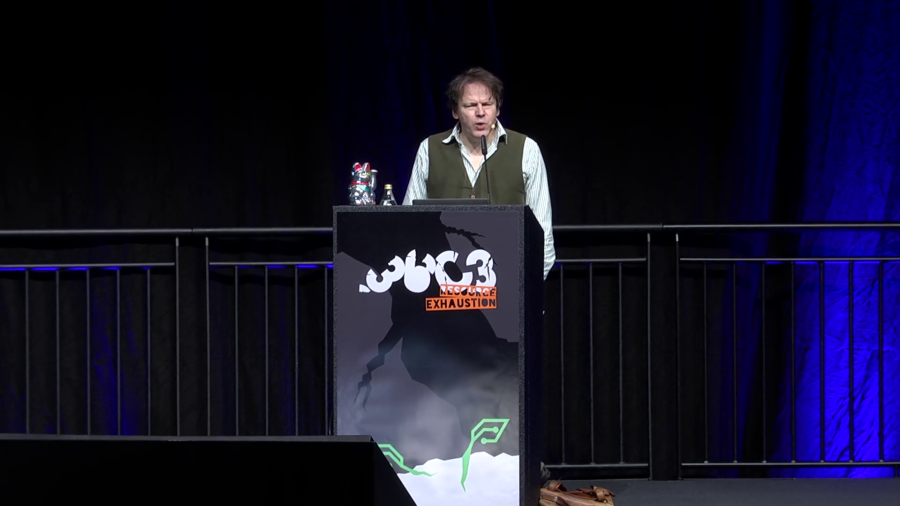
I think we need to really think hard about what has been happening to social class relations. And the conclusion that I came to is that essentially the left is applying an outdated paradigm. You know, they’re still thinking in terms of bosses and workers and a kind of old-fashioned industrial sense. Where what’s really going on is that for most people the key class opposition is caregivers versus managers. And essentially, leftist parties are trying to represent both sides at the same time, but they’re really dominated by the latter.
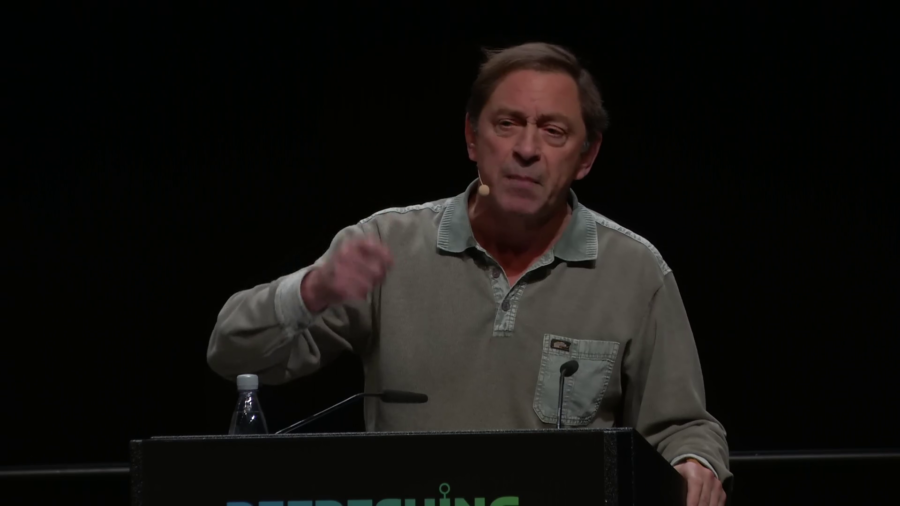
In a book that I wrote in 2011, on page one I said that unless the insecurities, and the fears, and the aspirations of the precariat were addressed as a matter of urgency, we would see the emergence of a political monster. You will not be surprised that in November 2016 I received a lot of emails from around the world from people who said, “The monster has arrived.”
As a person who’s been criminalized and arrested for the sole act of being poor in the US, it’s probably something I’m always walking with, speaking on, and trying to effectively change just by…in some ways not so much raising awareness, which seems very passive to be, but more about sparking people’s understanding and change.
I was at a party one time where I was talking to some guy who had been profiled by Adbusters because he was a big climate change guy. And he basically told me…that I needed to be making my own food, I needed to be making my own clothes. So you’re telling me that as a working mother going to school full-time, along with those responsibilities in which I am at home studying most the time, I should be making my daughter’s clothes. I should be whipping up meals from scratch. Um…no.
We don’t have a concept of balance. Not only do we not have a concept of balance, but we have a very distorted sense of social justice that has been reframed to justify a society that is fundamentally anchored around the concept of imbalance. The resources of the world cluster toward a handful of very very powerful countries, one country having an even greater share. In order to justify this greater share, it’s made them believe that this higher concentration of power is normal, and that anybody in all countries can have it, and that all countries should aspire for it.
The worst-case scenario for Detroit would be that the architecture of the Internet as it is now continues, and Detroiters’ stories, voices, lives, are absent. And the New York Times story about the creative class saving Detroit, or the documentary about the abandonment and wholesale destruction of Detroit that portrays it as a wasteland and a blank canvas ready for entrepreneurial exploitation, that those stories are defining the national, the global imagination of what Detroit is. And that those stories, they don’t use influence people’s desire to come here and do those things and live that life, though that’s part of it, but it also shapes the perception of people inside the city.
We have been having a discussion amongst ourselves about elitism and to the sort of voices that we’re hearing in a project like this. And one of the tricks of talking to people about the future is that often you get people who have a lot of time to think about the future.
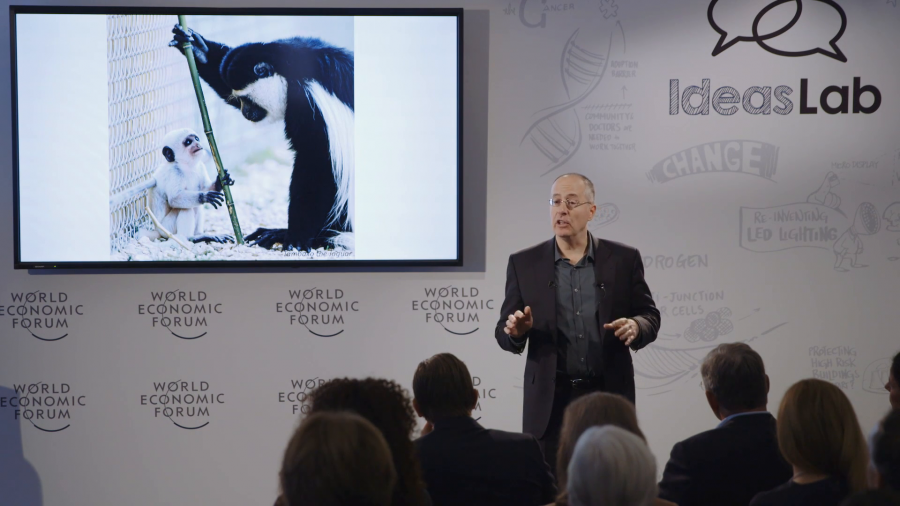
When lower primates form a hierarchy, those at the bottom undergo a change in their dopamine system. This makes them more likely to consume drugs in an addictive fashion. Now, if this turns out to be true of our species, that would mean that human beings are particularly vulnerable if they’re in some way dominated or don’t have any power.
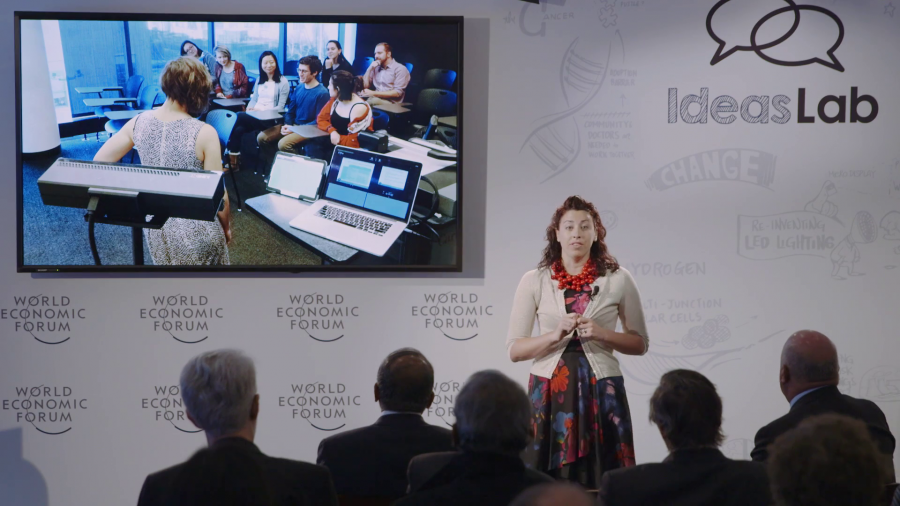
Education has remained largely unchanged for millennia. In any classroom, you see a set of students gathered around a teacher who’s writing on the board, or maybe now we’ve added a PowerPoint deck. But, as in many other fields that have been slow to change, the data revolution is coming for education.

